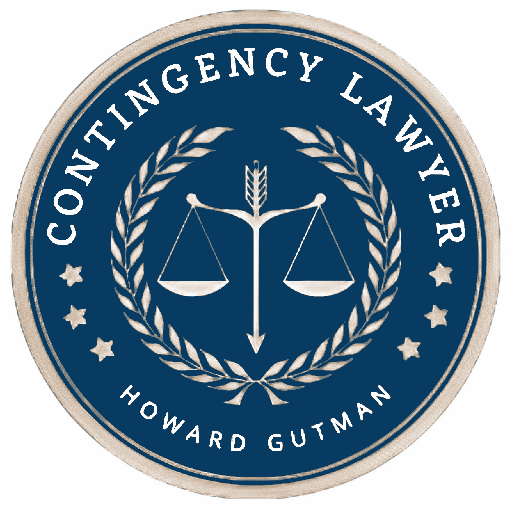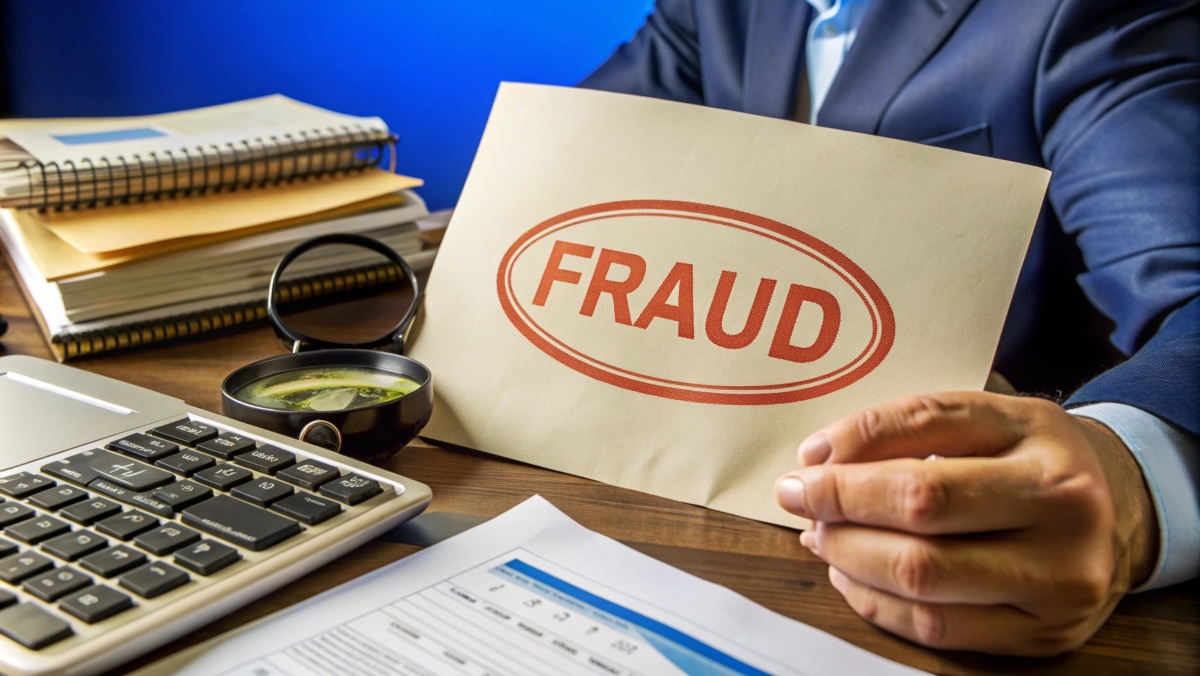False or misleading letters of credit are a type of deception and part of the larger group of advance fee fraud. Essentially, a customer is guaranteed a certain amount of money, but after forwarding a check or wire, unexpected problems arise, and the customer is blamed for these issues. This type of fraud can be incredibly damaging, leading to significant financial loss and emotional distress for the victims.
Our office handles these frauds on a contingency basis, meaning that our fees are only collected if we successfully resolve your case.
Often, the fraudulent claim is that the letter of credit could not be honored or monetized. The fraudsters may periodically blame the customer for these failures, but ultimately, the purchaser receives nothing.
Types of Deception
Here are some typical types of deception involved in the standby letter of credit fraud:
- SWIFT Messages and Instructions Used for Theft: Fraudulent use of SWIFT (Society for Worldwide Interbank Financial Telecommunication) messages to deceive and steal funds. These messages can appear legitimate but are used to manipulate and defraud victims.
- False Hypothecation of Certificate of Deposit: Using fake certificates of deposit as collateral to secure payments. This deception makes victims believe they are engaging in a secure transaction when, in fact, the collateral is nonexistent.
- False Hypothecation of Proof of Funds: Presenting fake proof of funds to lure victims into fraudulent transactions. This can involve counterfeit bank statements or other falsified financial documents.
- Double Fraud: Practicing a second deception to recover monies taken. For example, fraudsters might claim additional fees are needed to release funds that were never real in the first place.
- Deceptive “Non-Depletion Account” with Junk Bonds: Promising non-depletion accounts backed by junk bonds. These accounts are marketed as safe investments, but the underlying securities are worthless.
- Changing the Rules as the Plot Thickens: Altering the terms and conditions as the fraud progresses to further confuse and deceive the victim. This can involve adding unexpected fees, changing contract terms, or shifting the blame onto the victim.
- Forgery and Identity Theft Used to Steal Funds: Using forged documents and stolen identities to facilitate the fraud. This can involve creating fake identities or stealing personal information to access funds illegally.
- International Interbank Information Exchange System Deception: Misleading information exchange between international banks to commit fraud. This can involve creating fake bank correspondence or manipulating legitimate bank systems to steal funds.
If you believe you have been a victim of a standby letter of credit fraud, it is important to understand your rights and the legal options available to you. Contact us today for a consultation to discuss your case. We are committed to helping you navigate this challenging time and seek the justice you deserve.
FREE INITIAL CONSULTATION
We offer a free initial telephone consultation to discuss your claim. Please feel free to call or e-mail our office.
If you are in need of credit card defense and seeking the premier advocates in New Jersey and New York, please visit the website that specializes in these issues: creditcarddebt-lawyer.com
Keywords: standby letter of credit frauds, advance fee fraud, financial fraud legal assistance







Leave a Reply
You must be logged in to post a comment.